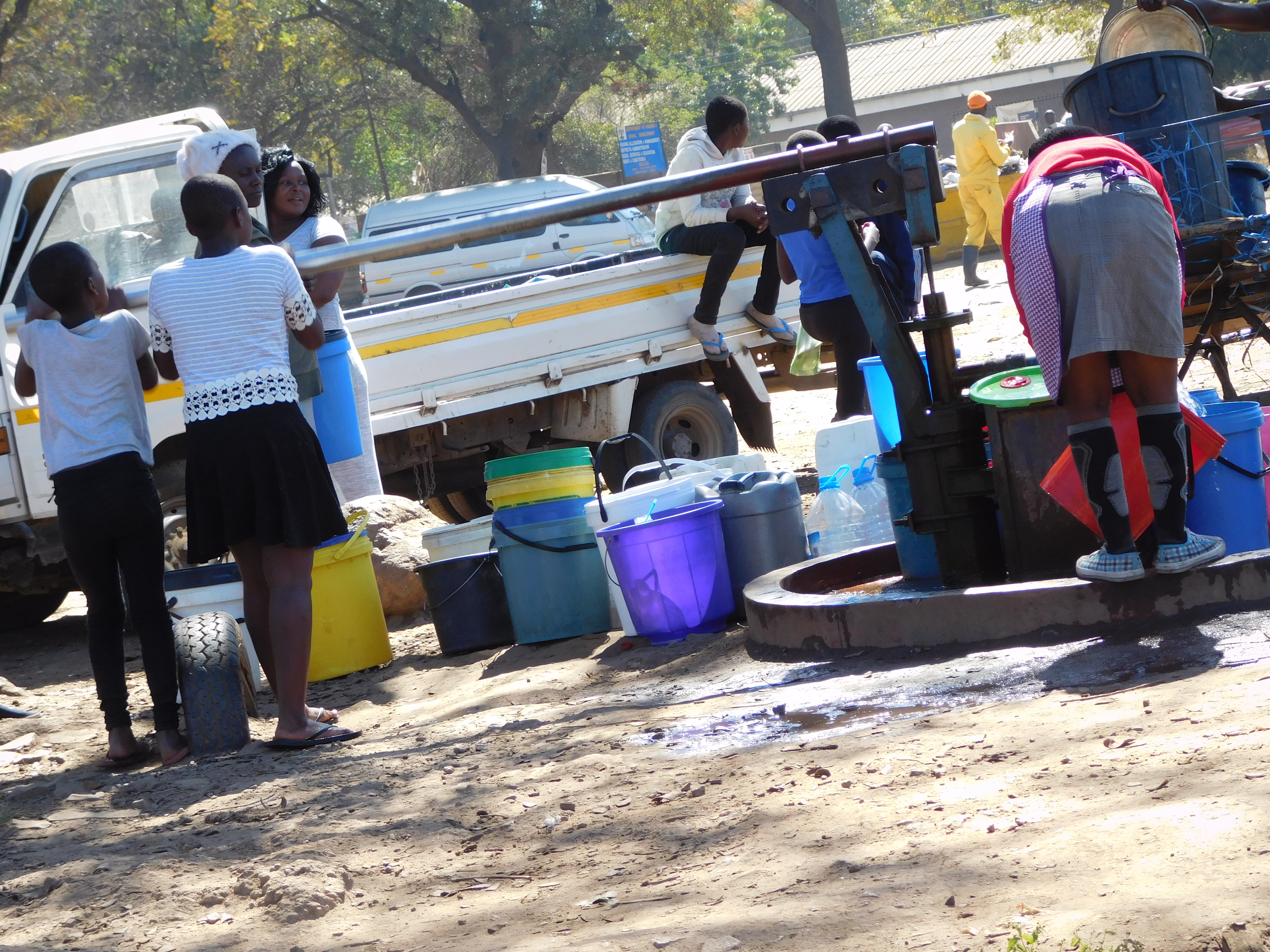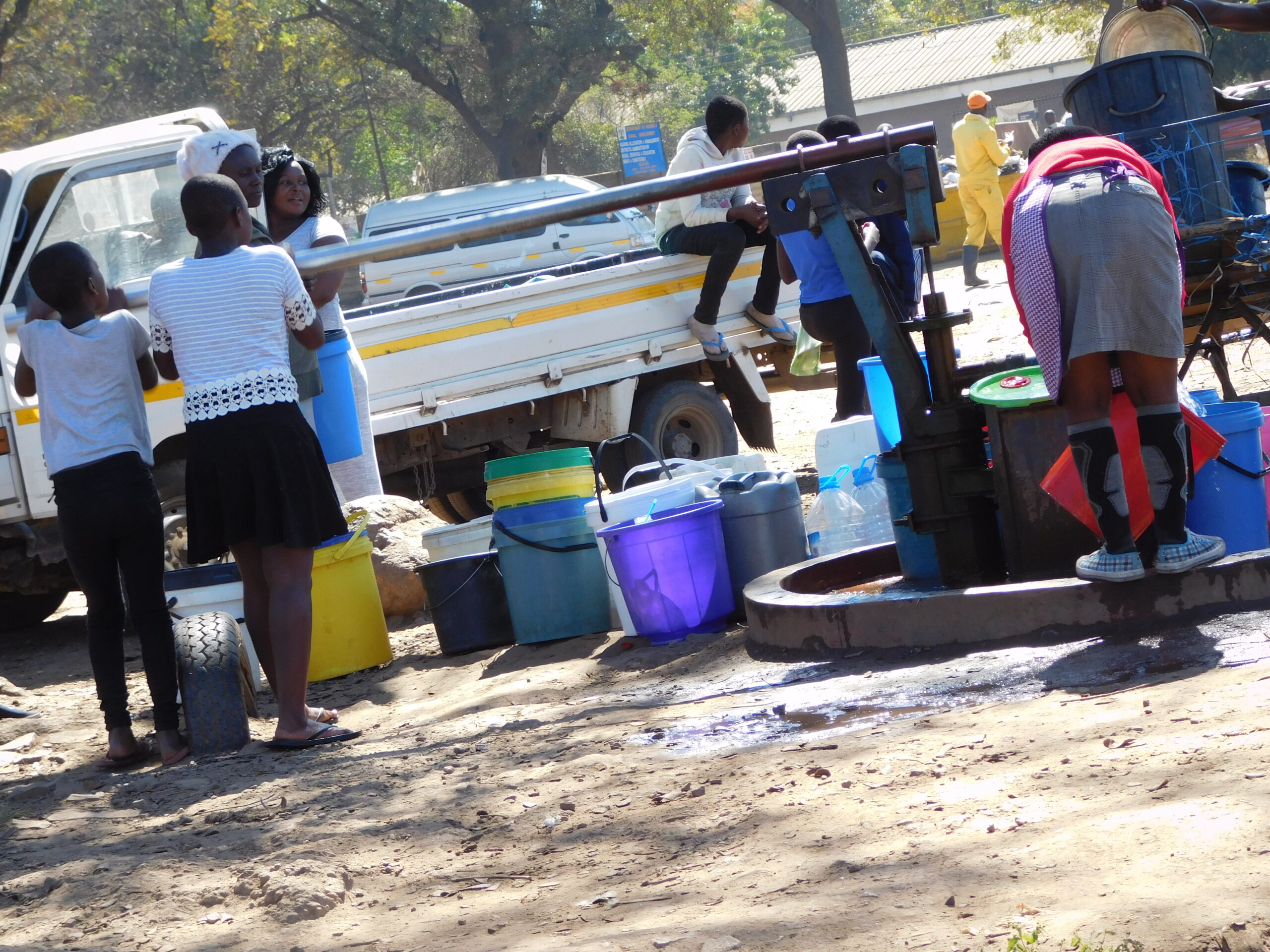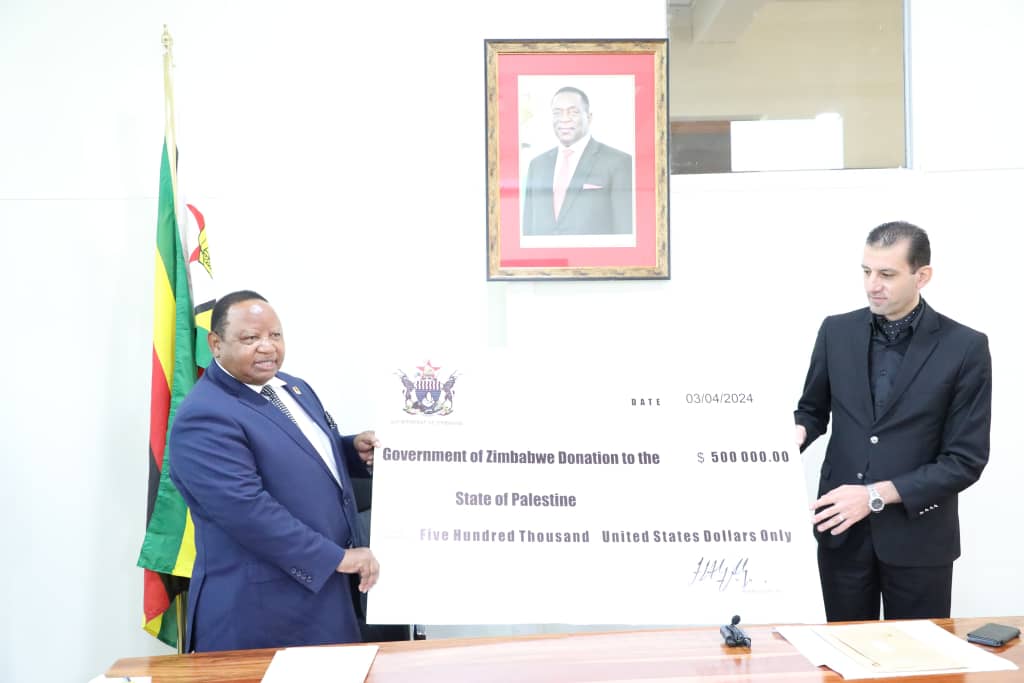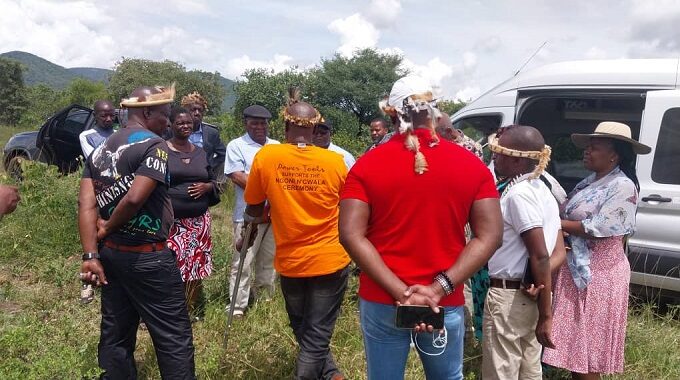Exactly a decade after the 2008 cholera outbreak that killed at least 4 200 people and sickened more than 100 000 others in Zimbabwe, something is now being done to the country’s water and sanitation situation to mitigate the conditions that allowed the cholera epidemic to flourish.
by Staff Writer
Findings by Human Rights Watch which are contained in a 2013 report titled “Troubled Water: Burst Pipes, Contaminated Wells, and Open Defecation in Zimbabwe’s Capital,” painted a gloomy picture about the water and sanitation situation in the southern African country. The 60-page report described how limited access to potable water and sanitation services was forcing citizens to resort to using water from unprotected sources and other unhygienic practices such as open defecation.
“We have one toilet for the whole house and there are 21 people who live here,” one mother in Harare said in the damning report as she described the gravity of the water and sanitation crisis they face. “The flushing system doesn’t work because there is no water, so we have to use buckets. When there isn’t any water for flushing, we just use the bush.”
This sad situation is set to change as Zimbabwe is among those countries that are benefiting from the “Cities of the Future” programme, an initiative of the Africa Water Facility (AWF) together with global development partners that include the African Development Bank (ADB) and Global Water Partnership (GWP).
Marondera – a town of 65 000 people some 75 km from the capital Harare – was chosen to receive the support of the development partners in the development of an integrated water and sanitation master plan that would become a model for the whole country.
Project engineer, Thami Mpala, said the Marondera pilot project is the first of its kind in the country, where they are developing nature-based solutions by managing resources in a sustainable and integrated way.
“The Marondera Integrated Urban Water Management (IUWM) master plan is a project that involves the rehabilitation of water and sewer infrastructure within Marondera and also provides innovative plans for the smart management of water resources through adopting an integrated approach where nature based solutions are used,” Mpala said.
The project has received €2.3million (US$2.6 million) from ADB, the government of Zimbabwe and GWP.
“The integrated approach looks at water, storm water, wastewater, and solid waste holistically whilst also capacitating institutions and fostering stakeholder engagement,” Mpala added.
Marondera Town Clerk Josiah Musuwo said the municipality, which – like all others in the country – is hamstrung by financial challenges, would benefit from the project greatly in the sense that there will be immediate rehabilitation of critical water and sewer services that were previously strained due to aging of infrastructure and lack of maintenance.
“The people of Marondera will also benefit through various outcomes of the project such as small business income generating projects within the catchment that embrace the spirit of the integrated approach and using waste as a resource for the sustainable management of our resources,” Musuwo said.
He added that through this project Zimbabwe would have a cleaner environment, and a smart integrated way of managing our natural resources for the benefit of present and future generations.
“We are extremely grateful to our cooperating partners for initiating this pilot project in Marondera,” he said.
The project is a direct response to the findings of HRW whose report recommended that the government takes steps in ensuring access to water and sanitation facilities by all citizens through investing in low-cost sanitation and water strategies, implementation of a sliding fee scale for municipal water and an end to water disconnections in cases of non-payment of bills.
The Ministry of Environment, Water and Climate are the implementing agency managing the project on behalf of the Republic of Zimbabwe and project co-ordinator in the ministry, Susan Mapindani said in addition to Marondera urban, the project will also benefit neighbouring rural communities.
“The beneficiary is Marondera Municipality and its community and also the three sub-catchments that surround Marondera, namely; Nyagui, Upper Manyame and Macheke river basin sub-catchments,” she said.
GWP, together with the other partners, held a stakeholder-training programme in Harare from July 17-20. The main objective of the training was to sensitize the relevant staff of the Government of Zimbabwe and of the Marondera Municipality on the principles of Integrated Urban Water Management within the context of Zimbabwe and Marondera.
Marondera is the seventh-largest urban community in Zimbabwe. The implementation of the developed Marondera IUWM master plan would lead to increased access to improved water supply and sanitation services. It will also result in a reduction in diarrheal morbidity among under-five children from 7.2 % to less than 5% by 2025. Access to drinking water and to sanitation will increase from the current 77% and 63% rates to 100% by 2025.
Although 97% of properties are directly connected to the municipal water supply network in Marondera, many households do not benefit from a 24 hours water supply service due to power cuts and the water distribution system’s poor performance. The sanitation situation is worse as most of the collected sewage is not treated despite 91% of the properties in the town having access to a toilet attributed to the collapsed sewer network.
According to the United Nations Children’s Fund (UNICEF), poor water, sanitation and hygiene (WASH), including garbage management, directly and indirectly cause under-five, infant and maternal deaths worldwide and also affect the health of older children and adults.
The UN agency said Zimbabwe’s economic downturn of 2000-2009 created a capacity gap for managing the aging infrastructure and limited further expansion of services.
“The collapse of water revenues from the late 1990s led to a decline in all WASH infrastructure and services, including water resources development and management in all parts of the country,” UNICEF said in a report.






